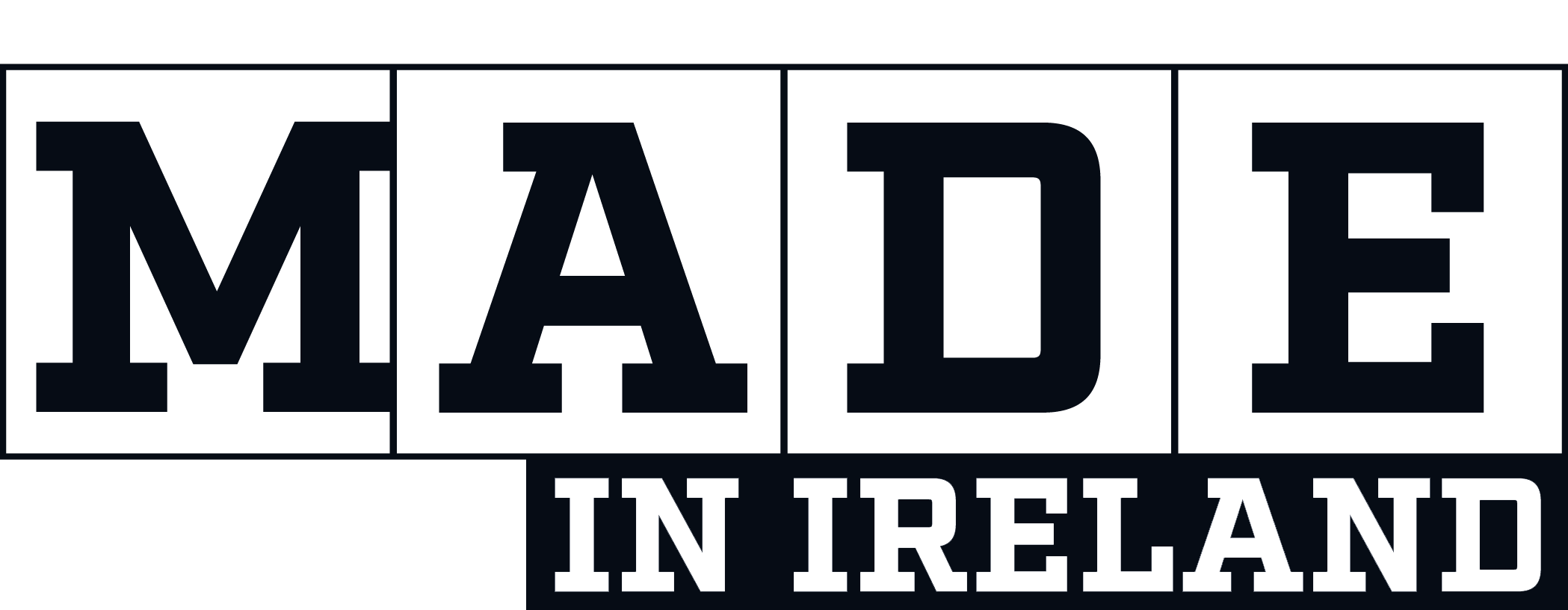Created under the EU-funded BluePoint Project, the app leverages cutting-edge technologies to tackle marine plastic waste while fostering innovative solutions.
Co-director of the Centre for Robotics and Intelligent Systems at UL, Professor Gerard Dooly, said the new app, which is available for iPhone and Android, could also create a pathway for recycling plastic pollution collected along Ireland’s 3,172 kilometres of coastline – the longest coastline per head of population in Europe.
“Employing drones equipped with sensors, the app leverages cutting-edge technologies such as infrared (IR), multispectral imaging, LiDAR, and artificial intelligence (AI) to identify and locate plastic waste in natural environments, particularly beaches and can scan vast areas to pinpoint the exact locations of plastic debris,” he said.
Professor Dooly said anyone with a suitable camera-equipped drone could scan any area and upload the data and disclosed that commercial partners plan to incorporate the project’s outcomes, using recycled raw materials to drive a circular economy and promote industry-wide sustainability.
“In minutes, the BluePoint app identifies pollution hotspots and can even locate items as small as a bottle cap. BluePoint enables communities to keep their coastlines free of plastic pollution, and we can link them up with companies who can commercialise this waste – it’s a win-win for everybody,” he added.
Team member Jose Alvarez said the app features an intuitive user interface, making it easy for anyone to navigate and contribute to cleanup efforts.
“On top of that, BluePoint offers an augmented reality (AR) mode, allowing users to visualise the plastic waste in real-time and better understand its impact on the environment.
Professor Dooly said BluePoint is more than just an app, describing it as a powerful environmental conservation tool.
“By engaging the public and providing them with the necessary information and resources, we can collectively make a significant difference in protecting our oceans and beaches."










